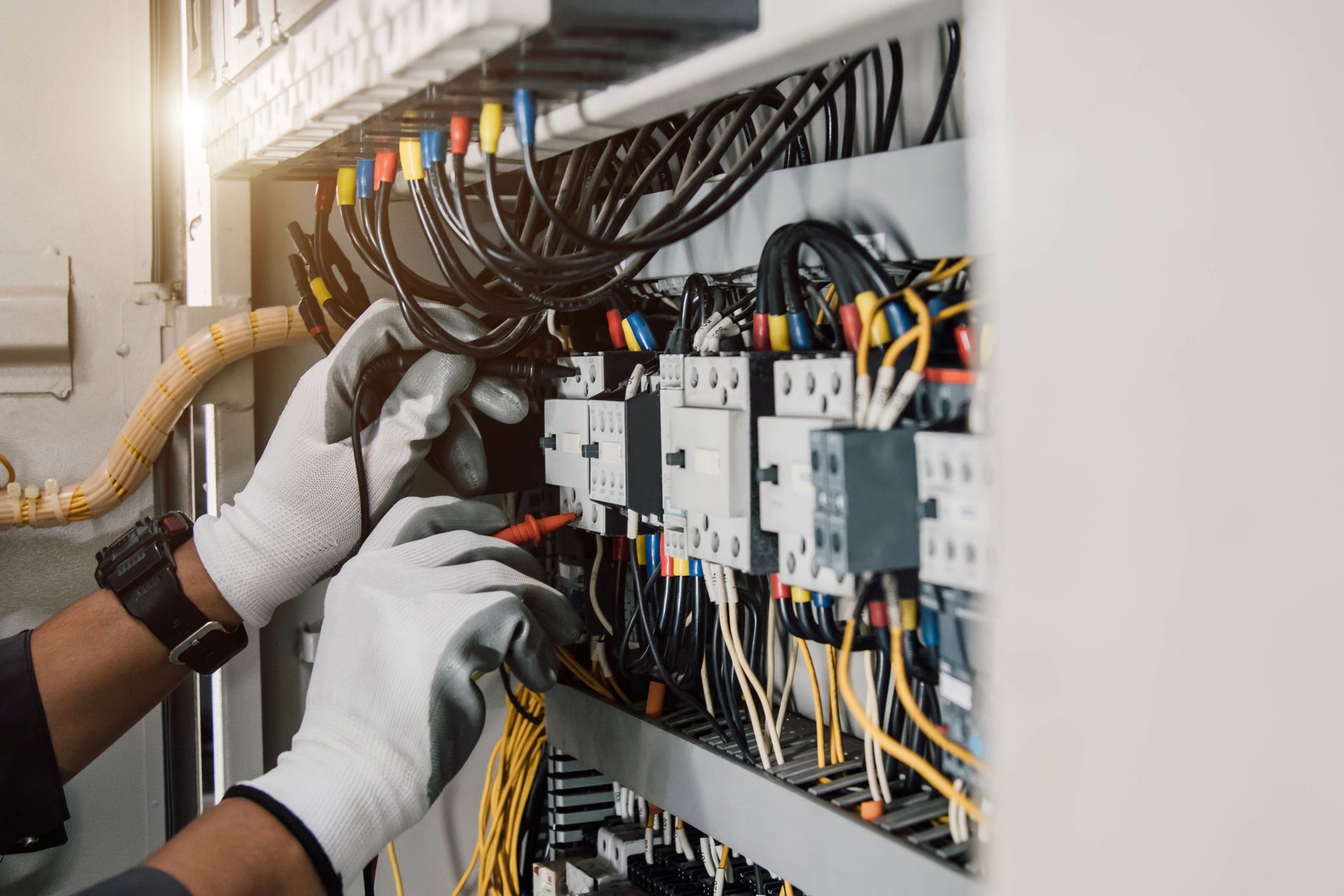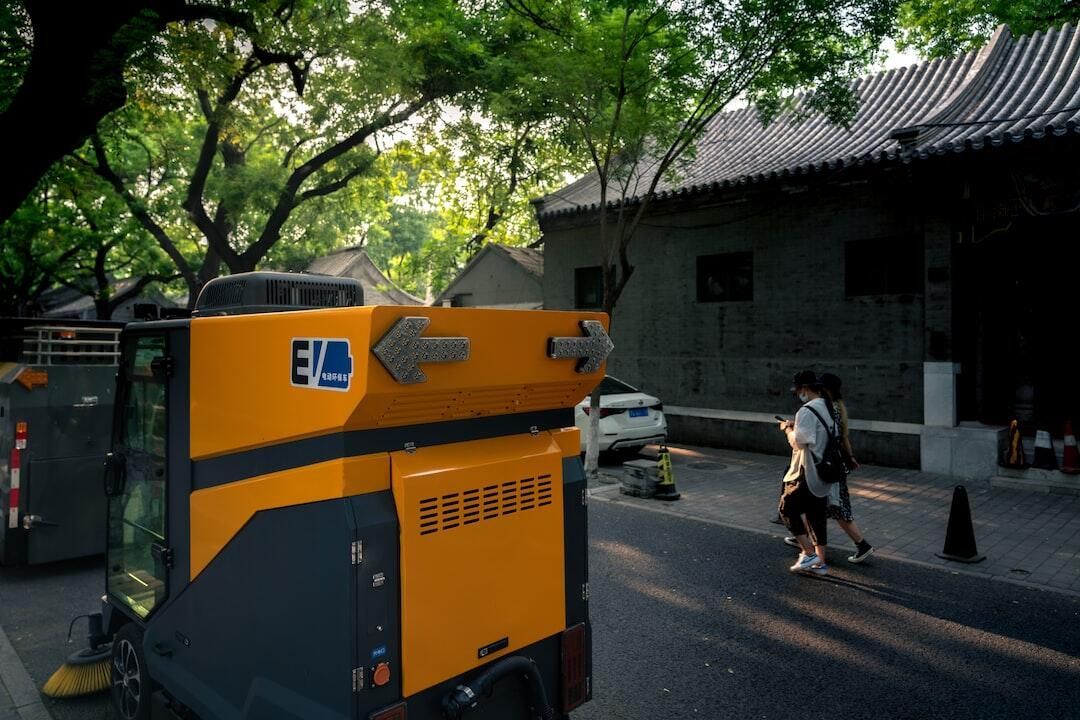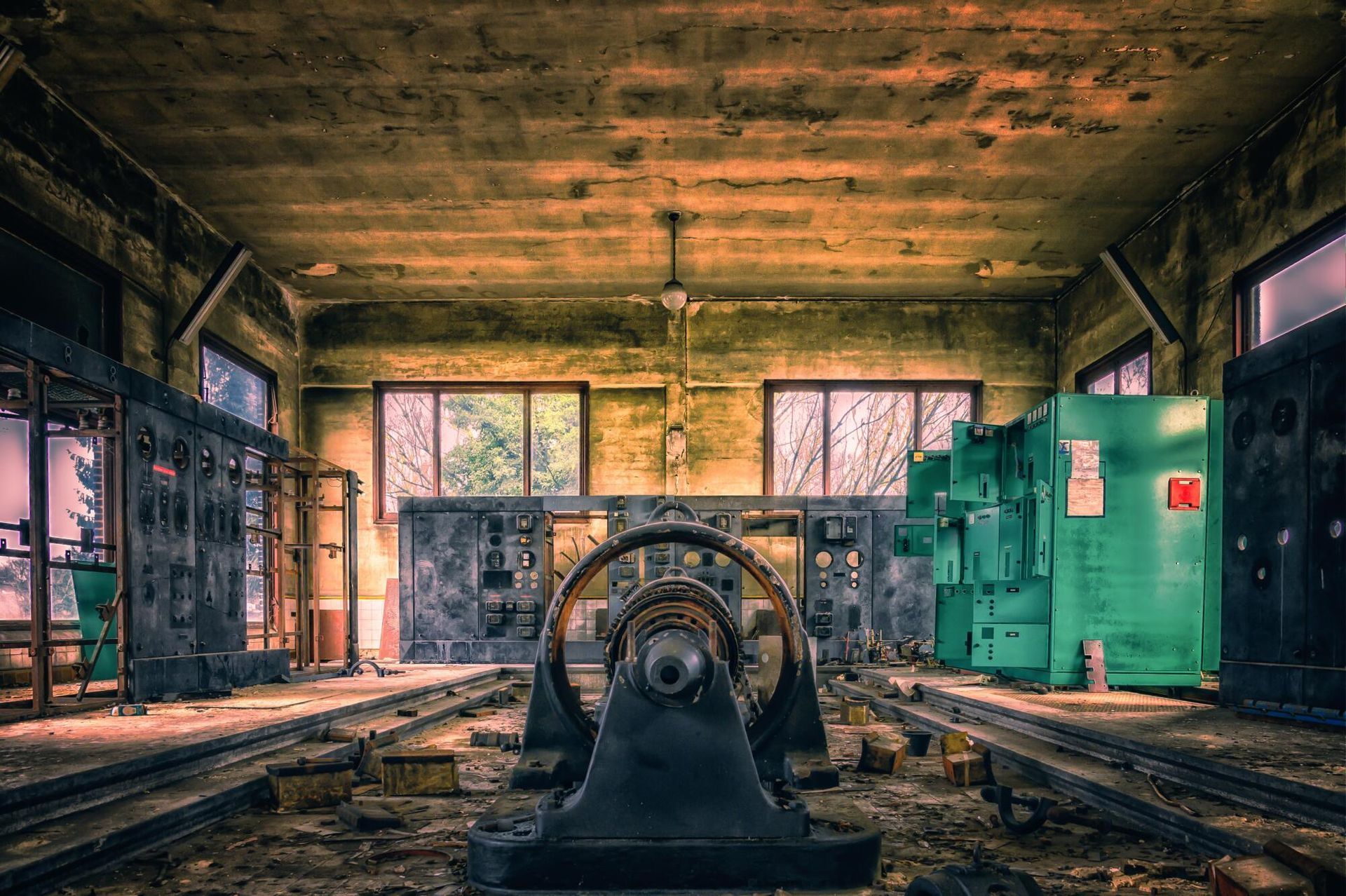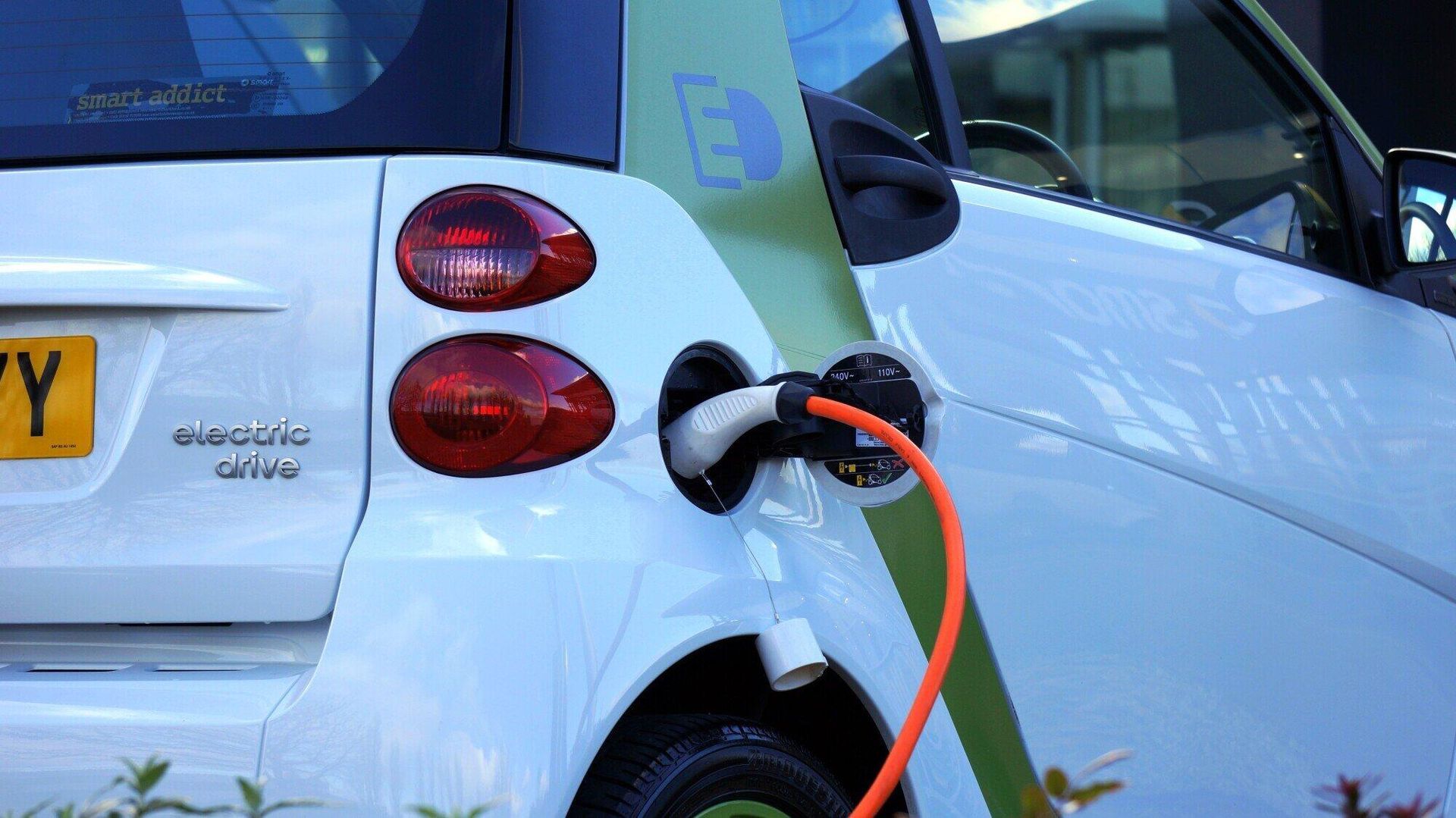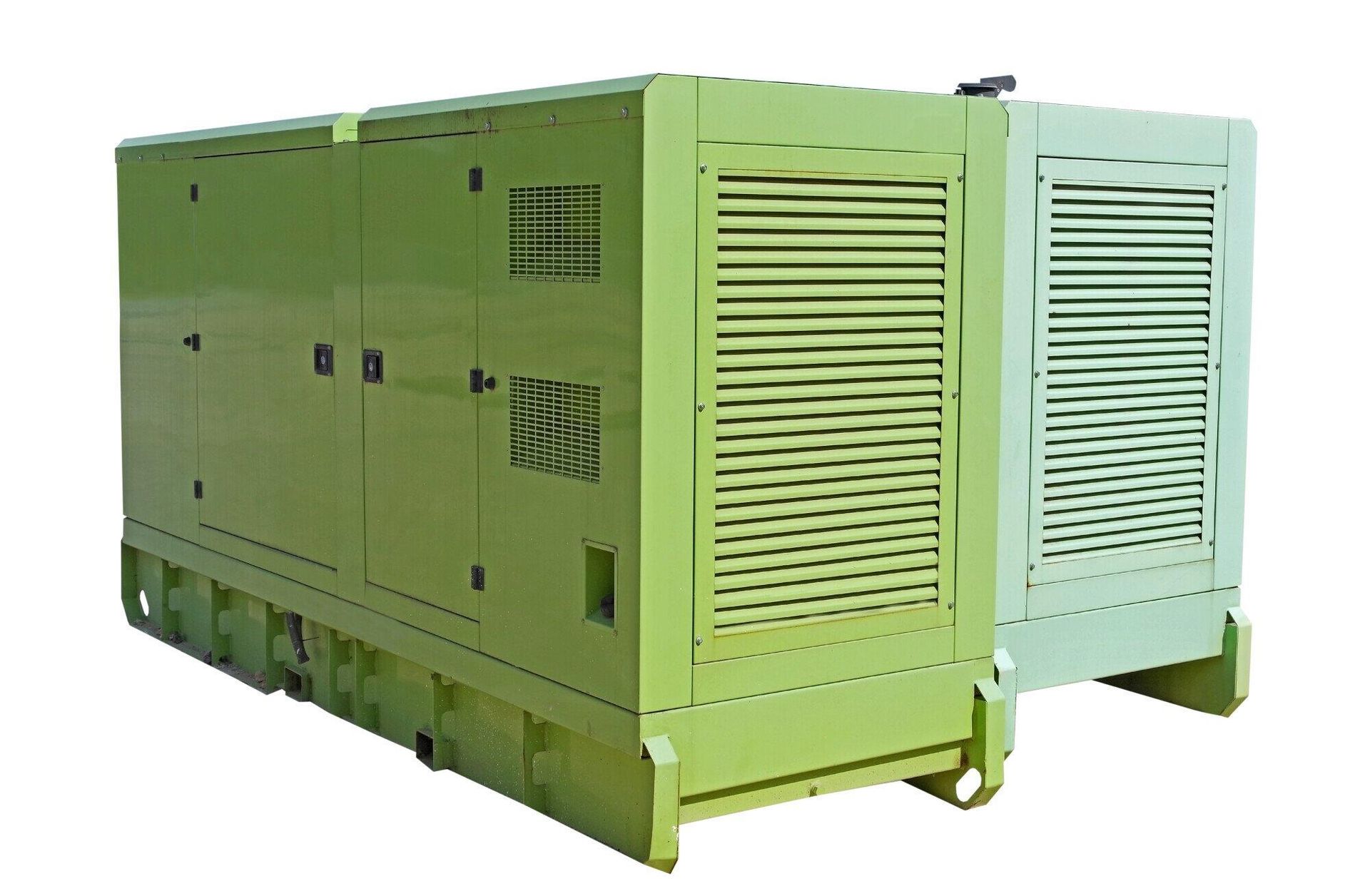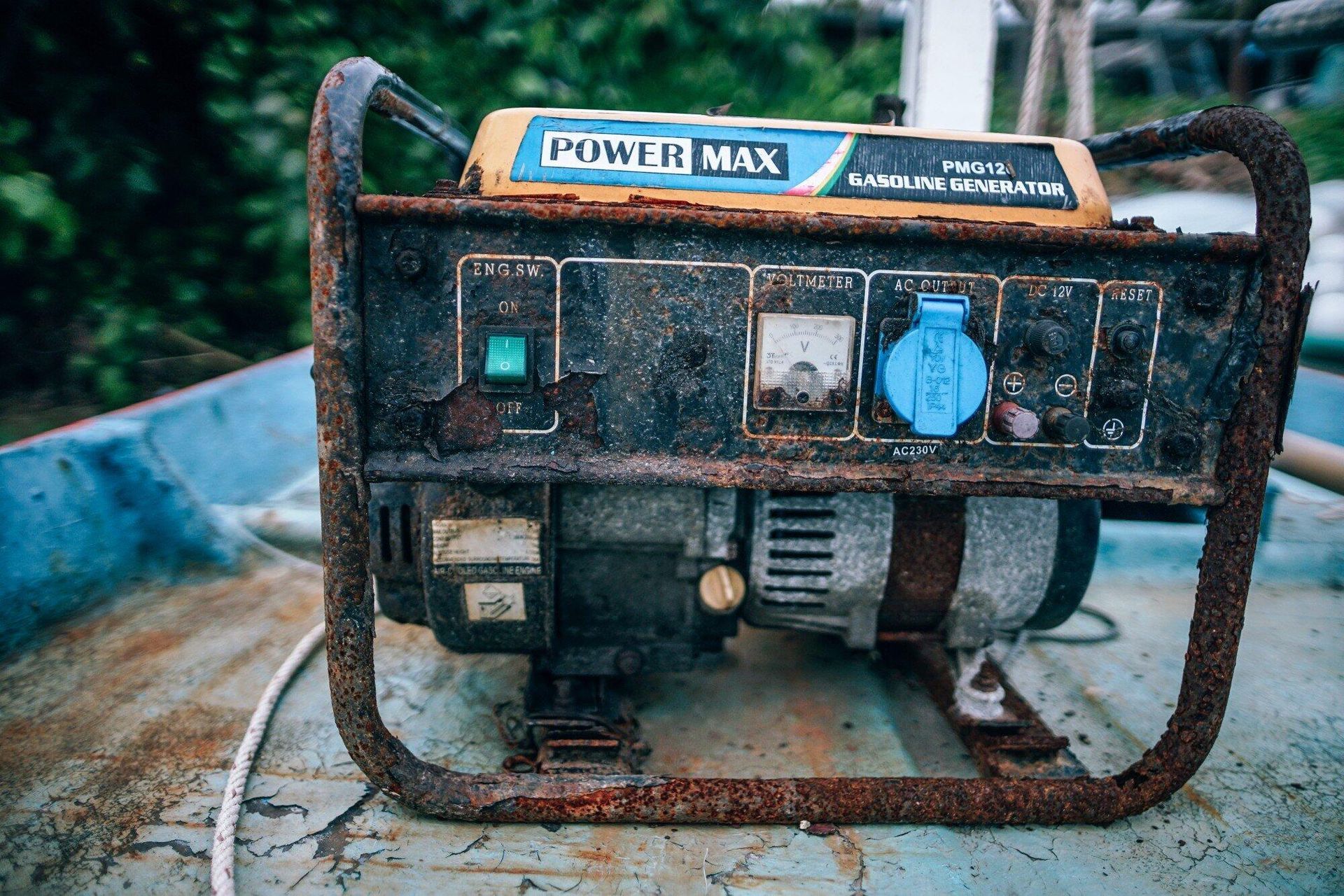Choosing the Right Generator: Portable vs. Standby Systems
Power's out. Your fridge is warming up, the Wi-Fi's dead, and your neighbors are already texting in panic. What now?
A generator sounds like the hero move, but do you go portable or install a standby beast that kicks in automatically?
If you want freedom on the go, portability is the clear choice. If you want zero hassle when storms hit, standby takes the crown. One's flexible, one's foolproof. The right call depends on how you live and what you're willing to risk when the grid fails.
Skip the guesswork. Read on to learn all about portable vs. standby generators.
What Is a Portable Generator?
A portable generator is a compact, movable power source designed to deliver electricity wherever and whenever it's needed. Most models run on gasoline, though some use diesel, propane, or even solar-charged batteries. These generators are especially useful during:
- Temporary power outages
- Outdoor events
- Job sites
- Emergency disaster relief scenarios
Because they aren't permanently installed, they can be wheeled out and connected quickly where traditional electrical access is unavailable, then stored when not in use.
Portable Generator Benefits
Portable generators deliver power without the long-term commitment. One of their biggest advantages is mobility. You're not locked into one location or a single purpose. Whether you're facing a surprise blackout, heading off-grid for a weekend, or powering tools at a remote job site, a portable generator moves with you.
Affordability is another major draw. Compared to standby systems, portable generators come with a lower upfront cost and don't require professional installation. That makes them especially attractive to renters, seasonal property owners, or anyone who doesn't want to modify their electrical setup. And when maintained properly, high-quality home power solutions can last for years, delivering dependable performance without draining your wallet.
Setup is usually simple. Most models start with a pull cord or push-button ignition, and connecting appliances via extension cords or a manual transfer switch can be done without specialized training. Some newer models even include inverter technology, which provides clean, stable power for sensitive electronics like laptops and medical equipment.
Generator Buying Guide: What is a Standby Generator?
A standby generator is a permanent backup power solution that automatically kicks in when the main electrical supply goes down. Unlike portable generators, these systems are hardwired into your home or business's electrical panel and typically run on natural gas or propane. When the power cuts out, a standby generator starts within seconds.
There's no need to wheel it out, refuel, or manually connect anything. It's designed for reliability, convenience, and long-duration power support.
Standby Generator Features
Standby generators are all about preparedness. The moment your primary power goes down, a standby system powers up automatically: no scrambling for cords, no fuel runs, no guesswork. That seamless transition is one of its biggest advantages, especially for homeowners with critical needs like:
- Medical equipment
- Refrigerated medications
- Sump pumps
- Security systems
It keeps the essentials going without you having to lift a finger.
What sets a standby generator apart isn't just automation, it's coverage. These systems are designed to handle significant electrical loads, which means you don't have to choose between keeping the fridge on or running the AC because you can do both. Unlike portable generators that may only support a few outlets or appliances, standby units can power an entire property, from lights and HVAC to internet routers and electric stoves.
They also eliminate some of the recurring headaches of portable units. Standby generators are permanently installed, wired into your panel, and fueled by natural gas or propane, so you don't have to manage extension cords or gasoline cans. Many models come with smart monitoring tools, so you can track system performance, fuel status, and maintenance schedules right from your phone.
Making The Choice For You
Choosing between a portable and standby generator isn't just about price tags or power output; it's about how you live, what you need, and how prepared you want to be. If your power outages are rare, short-lived, and you're mostly looking to keep the fridge running or charge devices, a portable generator may be all you need.
It's flexible, budget-friendly, and doesn't require permanent installation. For occasional backup or on-the-go use, it's a clear win.
But if you:
- Live in a region with frequent storms
- Live in a house with aging infrastructure
- Have live-in family members who rely on uninterrupted electricity
- Run a home-based business that can't afford downtime
A standby system makes a stronger case for backup generators. It offers automatic, full-scale coverage and peace of mind that extends beyond just keeping the lights on. That kind of reliability can be especially important for households with medical devices, remote workers, or families with young children or seniors.
There's also the long view to consider. Portable generators come with ongoing fuel management and manual labor, while standby systems are mostly set-it-and-forget-it. Your tolerance for hassle (or your desire to avoid it) can be a deciding factor.
The Case for Dual Coverage
For some homeowners and business owners, the smartest move isn't picking between a portable and standby generator for installation, it's combining both. Dual coverage offers layered protection that covers a broader range of scenarios.
A standby generator ensures uninterrupted power during long outages, automatically taking over when the grid goes down. But a portable generator adds flexibility, giving you backup.
This approach is especially practical in areas prone to extreme weather or infrastructure issues. If a natural gas supply is ever disrupted, having a portable gasoline or propane-powered unit as a backup to your backup can keep critical items running. On the other hand, if your standby generator requires servicing or is temporarily offline, your portable model can fill the gap.
There's also a strategic advantage when it comes to prioritizing power. While your standby system can run the entire house, a portable generator allows you to power only the essentials in a pinch or during maintenance, without overtaxing your main unit.
Choosing The Right Provider
No matter which type of generator you choose, the provider you work with can make or break the experience. A quality provider isn't just someone who sells you equipment; they guide you through:
- Generator sizing
- Selection
- Installation
- Maintenance
- Emergency support
They should take the time to understand your power needs, inspect your property, and prepare your home.
Then, they can recommend a system that fits your lifestyle and budget without overselling.
If you're leaning toward a standby generator, choose a licensed contractor with experience in permanent installations and a solid grasp of local permitting rules and utility hookups. Look for providers who offer turn-key service, which means they handle everything: from electrical work and gas line connections to final inspections. Check whether they're certified by major manufacturers, as that often signals deeper product knowledge and access to factory support.
For portable units, a good provider will still offer value beyond the sale. Do they stock replacement parts?
Offer guidance on safe operation and storage? Carry models with proper safety features like carbon monoxide sensors or inverter technology for electronics?
You should also consider ongoing support. Do they offer regular maintenance? Will they service what they sell?
Can they respond quickly when there's a problem? What warranties are available?
Maintaining Your Generator
Once you've picked the right generator, the next step is making sure it's always ready to go, because even the most powerful unit won't help you if it fails at the wrong moment.
Idle generators can develop issues just from sitting. Power it up every few months for 15 to 30 minutes, even during mild seasons. This helps circulate oil and flag any issues before they become emergencies.
For portable models, old fuel is a top cause of startup failure. Use fuel stabilizers if you're storing gas for more than a month, and always drain the tank if you plan to store the generator long-term. For standby systems running on propane or natural gas, ensure your supply line is clear and regularly inspected.
Every generator has its rhythm, but oil levels should be checked before and after heavy use. Replace the oil and air filters on schedule or more frequently if you're in a dusty or humid environment. A clean system runs cooler and lasts longer.
Damaged cords or loose plugs are not only inconvenient but also dangerous. Look for fraying, corrosion, or signs of wear. On standby units, inspect the control panel for error messages or warning lights, and don't ignore small alerts, as they are early warnings.
At least once a year, have a technician inspect your unit top to bottom. They'll catch issues you might overlook, update firmware if needed, and test performance under simulated load. Many providers offer maintenance contracts to simplify this process.
Portable vs. Standby Generators: Now You Know
When it comes to the question of portable vs. standby generators, both options have many amazing benefits. Use this guide, and you'll be able to make the right choice for your needs.
Whether you're eyeing the convenience of a standby system or the flexibility of a portable generator, VANCELECTRIC has your power solution in stock and ready to install. As a Generac Power Pro Elite Dealer serving Northeastern North Carolina and Southeastern Virginia, we offer licensed generator installation, responsive repairs, and real person support that's actually local.
Contact us today and find out why homeowners trust Vancelectric to keep their homes (and loved ones) safe when the grid goes down.
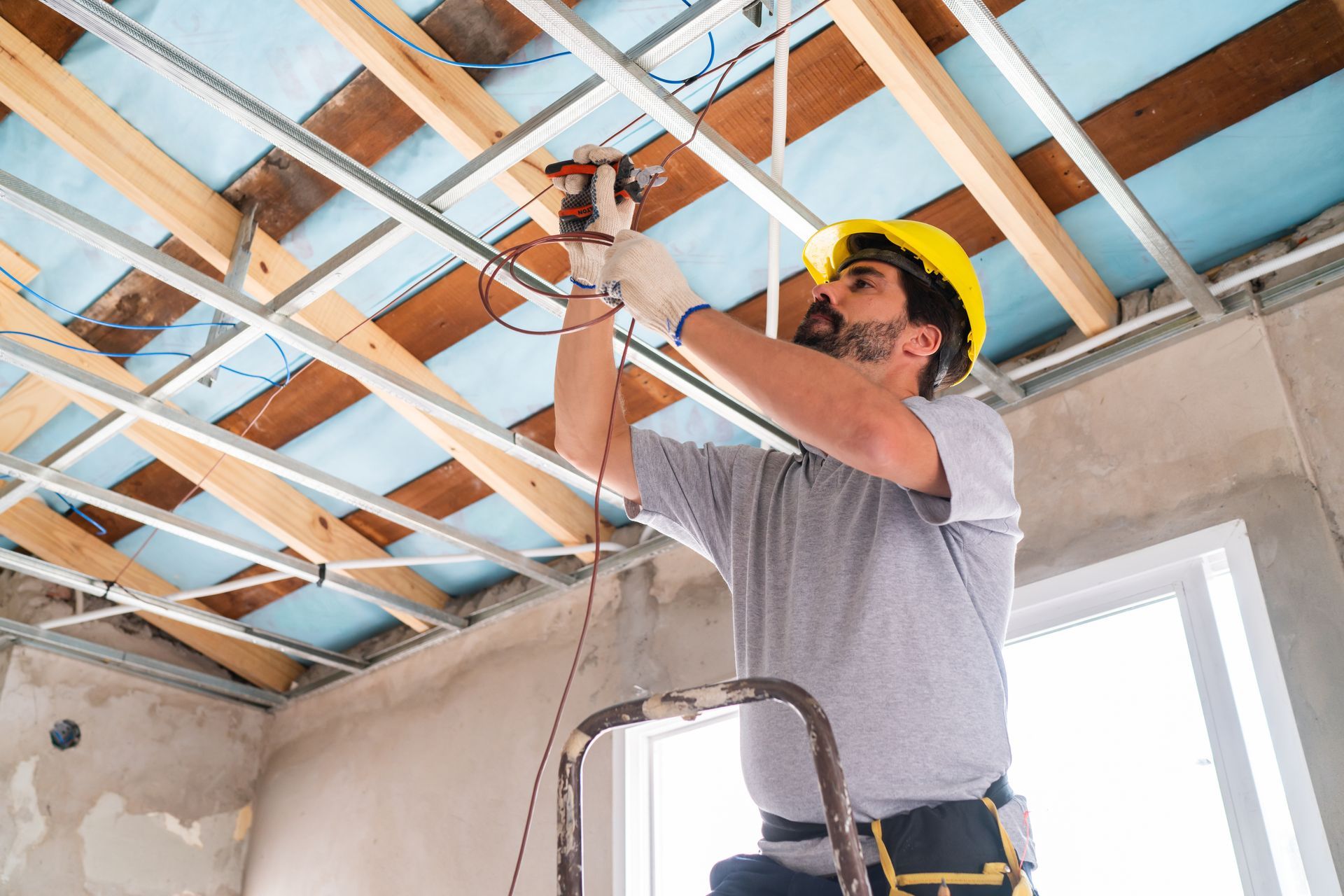
Why Hiring a Licensed Electrician in North Carolina is Crucial for Your Home's Safety and Compliance
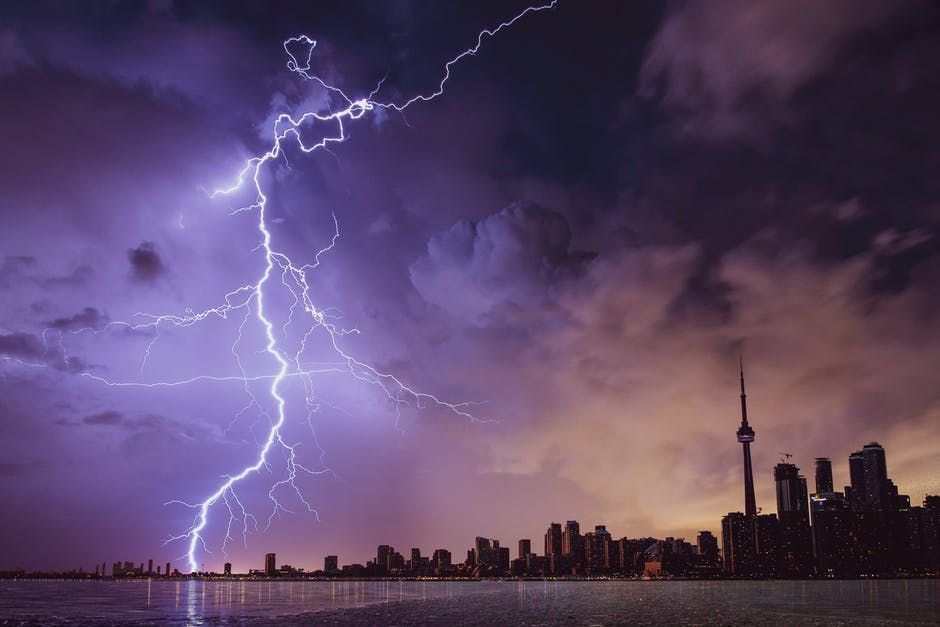
Vance Cowper, the owner of the company, has built a reputation for excellence in the field of generator sales, installation, and service, with a specialization in portable, residential, and commercial systems.
With over 25 years of experience in electrical construction and maintenance, including 13 years focused on facility maintenance, Vance and his team are committed to providing expertly installed generator systems, including whole house generators. These systems ensure the safety and security of families during power outages, offering peace of mind with affordable home standby generators that protect against utility power loss.
Vance is a Virginia-licensed master electrician and electrical contractor. He has also received extensive training from Generac® on commercial generators. In addition, he is a certified infrared thermographer, further enhancing his technical expertise.
His team consists of manufacturer-certified technicians who are trained to handle both residential and commercial installations. Each installation adheres to code-compliant design standards and uses high-quality copper wiring. Additionally, all generator systems are backed by the manufacturer’s warranties and include a multi-point inspection to ensure long-term performance.


